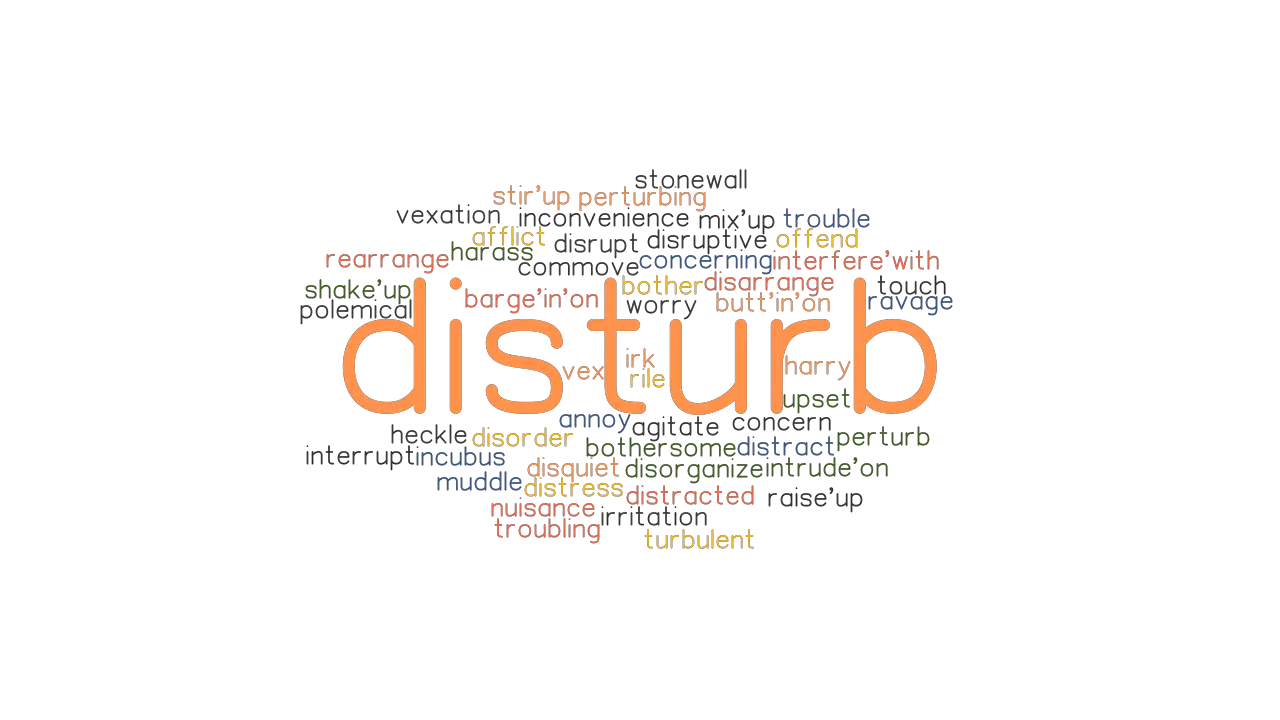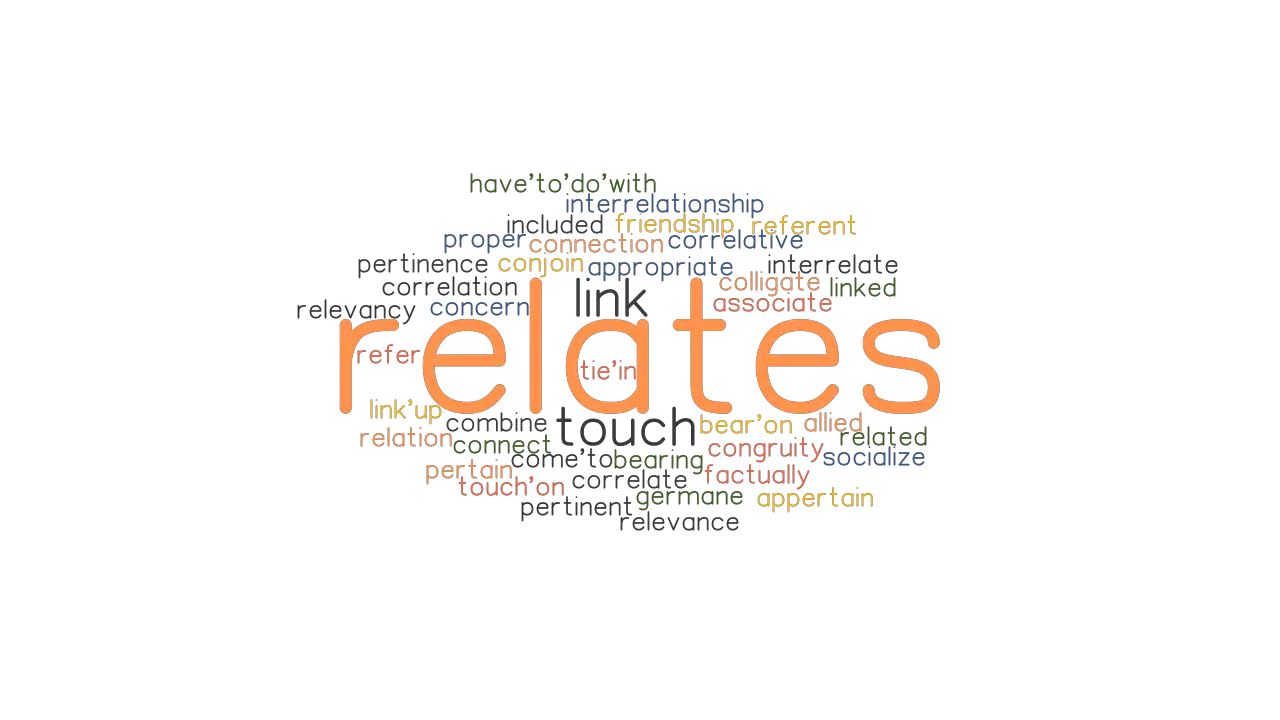

Getting treatment for distorted body image is a critical step to recovery. Thus, restrictive eating and over exercising are often next, frequently leading to patterns of disordered eating and weight obsession that can develop into anorexia, bulimia, orthorexia, compulsive overeating or binge eating disorder.

Often, it is the early dissatisfaction with a young person’s appearance that leads them to conclude that losing weight would enhance their appearance, and make them feel better about themselves and their bodies. Relationship Between An Eating Disorder & Body Imageīody image concerns and eating disorders go hand in hand. An anorexic young woman may look at herself in a mirror and see a reflection that is greater than her actual size.Ĭonversely, it is not uncommon for obese individuals to report that they did not realize they were as large as they are and had perceived their body as much smaller until an occasion arises where they see a photograph, video or window reflection that strikes a nerve and causes them to come to terms with their actual image. Do I find myself regularly criticizing my own appearance?Ī normally healthy weight range for an individual can be perceived as overweight by someone with a distorted body image.
/An-overview-of-problem-solving-therapy-4767991-V1-fa391db89dd94c99aba4f8132d679ee8.gif)


 0 kommentar(er)
0 kommentar(er)
